Hunter Ralston’s path to becoming an IRONMAN athlete is anything but traditional.
Sure, she played the typical sports in middle and high school – basketball, volleyball, soccer – but it was her love of horses that ultimately ignited her competitive spirit and innate talent to perform well under pressure.
Hunter rode and showed horses throughout her childhood and signed at the University of Tennessee at Martin to continue the sport. She had an incredibly successful riding career throughout college as a hunter/jumper, and was team captain and All American.
It wasn’t until partway through college that she tried out endurance for the first time, taking a running class that was essentially a training plan for a half marathon. It helps that her family was also into endurance sports and triathlon, an influence that eventually grabbed hold of her interest.
Now, having finished nine 70.3 IRONMAN events, including an invitation to the World Championships in St George, Utah, last year, and currently preparing for her first full IRONMAN, Hunter is fully dedicated to the sport of triathlon.
“My brother had been getting into triathlon, so I went and watched so many of his races, and then my dad started doing [triathlon]. It’s like that thing, you get the bug after enough times of watching,” Hunter said. “My whole family does sports. We’re all very active. We’re that annoying family that people hope they never marry into that does races on holidays and goes on hikes and stuff, that’s totally us. My brother [Spencer] has helped me so much athletically. … he’s probably to blame for a lot of this, because he’s still roping me into things.”
Hunter has gotten pretty comfortable with the IRONMAN 70.3 format – as comfortable as one can be in such a tough race – and this year, she’s taking it to the next level: A full IRONMAN at Lake Placid. She’s excited, nervous and determined to get over that finish line in July.
Could it be the start of a new obsession with one of the world’s toughest single-day races? Only time will tell!
Read on to learn more about Hunter and her unique transition from horse riding to triathlon.
Tell me a little bit about yourself, and how fitness and sports came into your life.
I’ve been doing sports pretty much my entire life. When I was 4 years old, I started riding horses. Then I did the typical local town league basketball stuff. Pretty quickly I was pretty competitive riding horses even at a young age, so that was my main focus. So it was basketball and riding up until high school.
In high school, I started playing volleyball, so I did the typical basketball and volleyball, but I was still riding horses outside of school. I was on a pretty good volleyball team my first few years of school. They went to state, but there were a lot of things going on at that school that wasn’t working for me. So I transferred to a private school called Mercy. We also had a good volleyball team there, and our basketball team was phenomenal. Junior year, I played both again, and then I was getting recruited to ride horses. I signed at the University of Tennessee at Martin to ride horses.
Fast forward to college – I rode horses in Tennessee for four years. I was a four-year starter there; I was team captain for a couple of years. I was an All American on the flat my senior year. My junior year I missed it literally by one win and I had lost one competition by one point, so that was really gut-wrenching.
When I was in college, I had started to run a little bit. My mom was kind of into running, and I took this class, it was an intro to half marathon. At the end of the class, [my family and I] were all going to go to Arkansas to do this half marathon, and I had also signed up for the St. Jude Half Marathon. So I did that class, and it was really fun. That was kind of my intro to more endurance sports.
I hadn’t really done much until that. My brother had been getting into triathlon, so I went and watched so many of his races, and then my dad started doing [triathlon]. It’s like that thing, you get the bug after enough times of watching. It was, I want to say, 2015 when I did my first sprint triathlon. It was this super local grassroots thing in this little town. I was like OK, that was pretty fun. I was just doing sprints, and my brother was racing in college, so he was doing olympic [distance triathlon], so then I was like, “Well I can do an olympic right?” Then I did an olympic. Then I got the bug to do a half [70.3]. I graduated college in 2016 and I was going to take a year off then start grad school. So at the end of 2016, I was like, I’m going to do a half. So August 2017 was when I did my first 70.3 up in Maine and then it just spiraled into this, nine 70.3’s later.
My whole family does sports. We’re all very active. We’re that annoying family that people hope they never marry into that does races on holidays and goes on hikes and stuff, that’s totally us. I do a lot with my parents. Obviously I stick to my own training, but if I can take them, and I do a lot with my brother too.
My brother [Spencer] has helped me so much athletically. Especially in 2020, the COVID year – we rode a century in every New England state, and we did some pretty insane climbs. He’s challenged me and helped me. It’s made other things less intimidating. Just being out of my comfort zone… I had never camped in a tent until a couple years ago. Just those little things, he’s helped a lot, and I think we have a very special relationship, and he’s probably to blame for a lot of this, because he’s still roping me into things.

Your background in horse riding is really cool and pretty unique in that it’s definitely not the typical path for such an accomplished endurance athlete like yourself! Can you tell me how horses came into your life?
This girl who grew up next to my dad – where my grandma lived, their neighbors – her name is Meg, and she’s still a lifelong family friend. She was riding horses, so she just took me one summer, I don’t remember if it was a camp or I just went to the barn with her, or how it spiraled, but that’s how it started. It starts basic when you’re little, but you quickly do more if you want to.
In horses, there are a lot of different levels. I do hunter/jumper. There are two different disciplines: There’s equitation, which is more on the rider, and there’s hunters, which is more on the horse. You kind of do both growing up, especially when you’re younger.
I started just doing the little stuff. Every state has local finals. Being in New England, you get a lot of close states where you can do local finals. We would always do Connecticut, Rhode Island, and then Massachusetts had two finals, and then there was another big finals up in New York. I think it was fourth grade when I started going to finals. It’s like anything, when you’re kind of good at it, it just snowballs.
We always leased horses, more economical, especially when you’re a kid, you outgrow them. My first pony was a medium, I had him for about a year. Then I got a large. Going into middle school, I leased a horse named Austin, his show name was London Fog. He was pretty famous in our area. I was super super lucky to get to ride this horse. He was super reliable, but he was a little tricky to ride. He had a couple little quirks, but if you got along with the quirks, you were fine.
We were super successful together. I won Rhode Island finals and Massachusetts finals, and podiumed at Connecticut finals. Almost every finals we went to, we got a ribbon. When I went to high school, it just got hard. I was still riding, but doing the traditional high school sports, just everything took time. I was lucky enough to work myself to the point where people knew I was really good at the horses, I could take care of them, so when people went away, I could ride their horse. So I stayed busy, just riding whoever needed their horses ridden. I showed a little here and there just to help people out.
My senior year, my parents said you can do one final, so pick one. So New York is called Marshall and Sterling [League National] Finals. It was probably one of my finals to ride in. It’s this massive ring; it’s got a stone wall all the way around. It’s so beautiful. And it’s a bigger final – it draws more from all the states. So I decided I wanted to do that.
The opportunity to ride Austin again came up, so I took Austin to that final. And it was just awesome. It couldn’t have gone better. Had this one jump that I knew didn't feel right. It wasn’t a bad distance, but the way he jumped it, I could tell it wasn’t cute. But whatever, we finished. The rest of the trip was good, that’s kind of a bummer. I’m walking out of the ring and I got 80-something. I was like what the heck? The judge must not have been at an angle to see that jump. But I got called back to the second round.
I go back for my second trip, and it was phenomenal – probably one of the best I've had to this day. And what do you know, I got a 90. I ended up winning the Marshall and Sterling Finals. It was awesome. It meant so much. It was kind of full circle with Austin. He was getting older, so he didn’t have many 3 foot [fence] days left in him. It was just a nice way to end my junior career.
Then I went to college. I had a very successful four years. I enjoyed the team. I’m still friends with my coaches. By the end of college, it was just time for a change. I don’t show as much anymore. Showing is still fun, but it doesn't excite me like it used to. I think I enjoy the process of practicing and bringing a younger horse along more than showing and getting ribbons.
Let’s jump over to triathlon and endurance sports now. While showing horses might not be an endurance sport, I’m sure that learning how to be consistent in training and perform under pressure has helped a lot as you segmented into the sport.
For sure! [Triathlon] is also a pretty individual sport, so there’s that. I was good at team sports. College was more of a team aspect. I think, definitely with triathlon, it’s a lot less pressure. I know you have a bike that can sometimes get a little wonky, but a horse can get really wonky. Even horses like Austin who are in the New England Hall of Fame for horses – they can do dumb things. They’re just horses.
I think with triathlon, it’s a lot less pressure. With horses, once I knew I wanted to go to college, it was more pressure, not in a negative way. Now in triathlon, of course I want to go race well, but if I have a bad day, I have a bad day. My years aren’t limited in it. Like with any college sport, you’ve got four years to make your mark. Whereas with triathlon, especially long-distance triathlon, I’m just getting started with this. Technically as you get older, you get better. There’s a lot less pressure with triathlon, but it still encapsulates that competitive edge for me. It’s something to work toward.

From the transition away from horses and into triathlon, up to competing in IRONMAN 70.3 World Championships this past year, what did it take for you to understand that you’re actually pretty good at this sport and that you wanted to keep going in it?
Doing pretty well locally helps any of that. After a few races, I was starting to podium in my age group and seeing improvements, like getting more comfortable in the water. Each race you get a little better. I used my brother’s coach at the time – they were helping me with a super basic plan. I didn’t really do the bike workouts; I didn’t understand them. I didn’t know what I was doing. I followed the plan enough for me to do well at the race. I had a goal [for IRONMAN 70.3 Maine]: I wanted to do 6 hours, but if I went like 5.5 hours, I was gonna be like, “OK, this is kind of a big deal.”
I had no idea of any of my times. Had no idea what my swim time was. I thought my bike was pretty good. But I had no concept of what was good. I was thrilled I finished. I thought I went 5:50, but then my mom said,” No, you went 5:24.” I didn’t believe her.
Then I think I just caught the bug. I kept working. I enjoyed the process. I’m not sure I’ll ever love swimming. But I do it, I appreciate it. I’ve started to love biking more and more. Running – I have a love/hate relationship with running. But I just kept enjoying the process. Then I started meeting people, so that makes it more fun. Then Full Send [Triathlon team] comes into play. The more and more people you meet, that’s encouraging too. I have good friends now. It’s fun to go to these races and see them.
Then I think the working out is two fold. It helps me take that competitive edge and be goal-oriented and gives me something to do, but it also mentally helps me. I always say I'd be medicated if I didn't work out. It hides my anxiety, it gives me those good endorphins, and I think it’s like that for a lot of people. Is it hard to get out of bed and do it? Is it hard to go out when it’s 20 degrees and run? Is it hard to drive 35 minutes to the pool? Do you miss out on things? For sure. Do you wish you could stay up past 9 o’clock at night? Absolutely.
But I know for me it’s something that I mentally need. Obviously I take that to the [highest] degree. I probably don’t need to work out 14 hours a week to take care of my mental self. It's just the drive to want more and more, and the different challenges. Each course is a different challenge. Worlds scared the crap out of me. Oceanside – swimming in the ocean was probably the scariest thing I've ever done.
So I think that’s the other cool thing about the sport. It keeps pushing me and keeps challenging me. Now, to go do a full [IRONMAN], I’m in the same boat. Then I pick Lake Placid, which is super hilly and a notorious course for so many reasons. But I like that part too. I haven’t done the same race yet. I like going to different places, seeing different things, and being challenged in different ways. I don’t like to be complacent.
You’re set to do your first full IRONMAN this year. When is that race, and do you have any goals or expectations for the race?
It’s July 24. I do have a time goal, but I know I'll be happy just to finish it. If I hit my time goal, great. I’m excited for the bike. I know it’s challenging, but that’s my favorite part. There’s a lot of people I know going and racing. I think that’s gonna be really special because it’s not just your parents you’re looking out for, there’s so many people that I’m gonna see on the course. Also Lake Placid is a pretty special place.
Let’s talk about Women on Wheels. I love the community you’ve built, and I’d love to hear more about how that got started and if you have any exciting plans for the future.
I work at a bike shop in Connecticut. It used to be Newington Bicycle. My good friend Amanda was the manager at the time. She had started the Women’s Cycling Collective. Amanda had founded the collective, but I was a big part in helping organize it. We were doing group rides and just getting more women on bikes. We would do a couple of events in the spring and summer.
Then we turned into Trek Newington. The first year, they had a women’s program that Amanda was still running, so we just kind of morphed it, and they gave us more support. The second year, Trek wanted us to still have a women’s program, but they wanted the person running it not to be an employee. So that’s when our friend Jess came into play. We still helped her a lot, but she would tell us what she wanted to do, and we provided the support. Amanda moved to Wisconsin to work for Trek headquarters, and then COVID happened. Between COVID and changes in managers and such, the program kind of fizzled, then Trek stopped it. We didn’t do anything for like a year.
In December of [2020], I was like, “You know what, I kind of miss this.” I had some of my friends talking about it. I was like, let me just go on the Facebook page and start posting once a day, whatever’s on my mind. I talked to Jess, and we kept the ball rolling. It just started to evolve more and more, so I was like let’s try to organize this a little. Recently Jess had to step back, so I’m kind of flying solo at the moment.
During the winter, we do Zoom [spinning] rides. I try to do two – one for women only, and one charity ride per month. I try to do two Zoom talks a month. We do a book club every three months. I started a goal program this year. A lot of it is member-driven or member ideas, then I just take it and run with it. I do want to make it even more organized and take the next steps. That’s where I'm at right now. I want to make it a nonprofit – the big final goal is to become more established like that.
It’s nice to have all different kinds of friends, that, and I like uplifting other people in our group. A lot of us do really cool stuff, whether you think you do or not. Let’s spread our cool stuff and our cool stories around and try to help people. I think the past two years have shown us that we need communities. Some of these people I’ll never meet in person, but we’ve become friends.

How did Athletic Brewing come into your life?
That's a really cool story too! I was working for my dad. It’s a lot of quality and compliance and inspection – just boring work. I appreciated it but wasn’t excited about it. He was like, “Listen, I have this cool idea. Let's make [metal] tacker signs and sell them.” My parents were big into craft beer and I was starting to get into craft beer. I thought that sounds like a lot of fun.
I started doing that, and I loved it. I was really big into delivering the signs because it got me out of the office and it also allowed me to meet all these people. I started going to all the beer festivals and started to have some really good beer buddies. Every year, it was growing. I was on beer podcasts, I was on the radio. So the guy I was on the radio with won the Blind Beer Awards [in Connecticut]. They asked me to be a judge, and I had no idea what I was talking about.
So we go to the Blind Beer Awards, and Athletic Brewing had just started to become a thing. I don’t even think the taproom was open yet, but people knew they were brewing beer. It was the big [wildcard]. All my beer buddies were like one of these beers is going to be from Athletic Brewing, let’s see if we can figure it out. I think they had narrowed it down to two – I had no idea, of course.
So that was the first time I ever drank Athletic. They had some kind of black IPA, I think it was. Then [Athletic Brewing] opened and the Connecticut rep at the time was like, “Hey Hunter, I know all the things you do, I think you’d be a really good ambassador.” I wasn’t sure, since I worked with all these other breweries.
Then they opened, and people were really starting to talk about them. Then I went to Syracuse to race. I think [co-founder] Bill [Shufelt] had gone up to pour beer. I go over and we’re talking tacker signs, I had the beer …
Then I stopped working for my dad and the Connecticut rep at the time reached out again. I was like you're right, it totally aligns with being active, being healthy. And that’s how it spiraled. Now I just think it’s so incredible. Obviously I still drink alcoholic beer, but I was finding a lot before Athletic Brewing, when I was training, I wouldn’t drink a lot during the week. I was tired, busy … but now I’ll just have an Athletic. I drink it a lot during the week. It’s been amazing to spread the word about it as an ambassador. And being part of something that’s growing like they are is just really cool.
How has the ambassador program helped you in your professional, personal or athletic endeavors?
It’s given me that relaxing drink during the week, and I think it’s helpful to be able to have one and not be affected and go do my long run the next day. Or even finish the long run and have a beer and go ride horses afterward. It’s a nice, refreshing treat, and it’s something to look forward to. I like breaking up the monotony of always drinking alcoholic beer. I really enjoy craft beer but sometimes I feel like it gets a little old, too. Athletic breaks that up for me. And I think it’s because they’re doing something so crazy like brewing non-alcoholic beer, then they have the opportunity to brew all these crazy beers. I love the Pilot beers. It’s made me try different stuff that I wouldn’t always be into.
What are some of your proudest achievements (athletic or not)?
Athletic wise, I would say being an All American in college was a pretty proud achievement.. In triathlon, it was going to Worlds. That was a super cool experience. Even at Oceanside, being able to race side by side with the pros like that was really cool. Then Women on Wheels is something I’m very very proud of. It excites me to see what it could be.
What is a bucket list event or race that you’d love to compete in?
One totally out-there thing I’d like to do is backpacking in Iceland. That’s something I think would be super cool to do with my brother. As far as a traditional IRONMAN race, I think any race not in the United States would be something fun and different. There’s not many places I would say no to traveling, but I've been to a lot of places in the U.S. Another bucket list event: My brother and I want to go to a Formula One race.

What’s your favorite recovery food?
I don’t really discriminate with food. Pasta. I’m always down for some Mexican food. Post race it’s a free-for-all. I’m not afraid to eat “bad” foods or however people want to label them. I’m all down for pizza and whatever. I don’t go crazy, but I have something sweet every day.
What do you like to do on rest days?
I’ve been into reading books since I graduated my master’s program because now I have time to do that. Going to a coffee shop, I love doing that too. Good local coffee shops, and hanging out there. Cuddling my cat. And then the boring stuff of catching up on personal life, the things you put off all week. I make training a priority, so there’s a lot of little things I put off that I need to get done.
What gets you up and out of bed every day?
It’s hard right now to get up and out of bed every day. But I try to tell myself that I'm helping someone today, and that’s why I'm getting up and out of bed. But the things that excite me to get up and out of bed are coffee and training, honestly.
What does living without compromise mean to you?
For me, it’s just – I don’t let anything get in the way of my training, and I’m very honest about that with people. When I’m done, it’s game on, but for me living without compromise is making what I want a priority. Yes, there’s times I flex it, but I don't want someone coming into my life and being like, “You can’t do that.” If that’s skipping an event or getting up at an ungodly hour before you go do something… It makes me feel good, then I don’t worry the rest of the day. It’s just not letting anything get in the way of what I want to do.
If you’re interested in joining the ambassador program, head on over to our Community page to learn more!
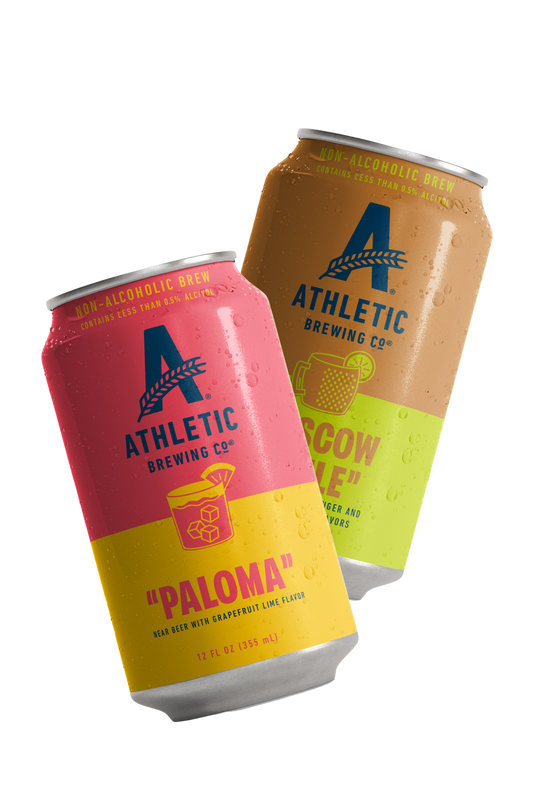
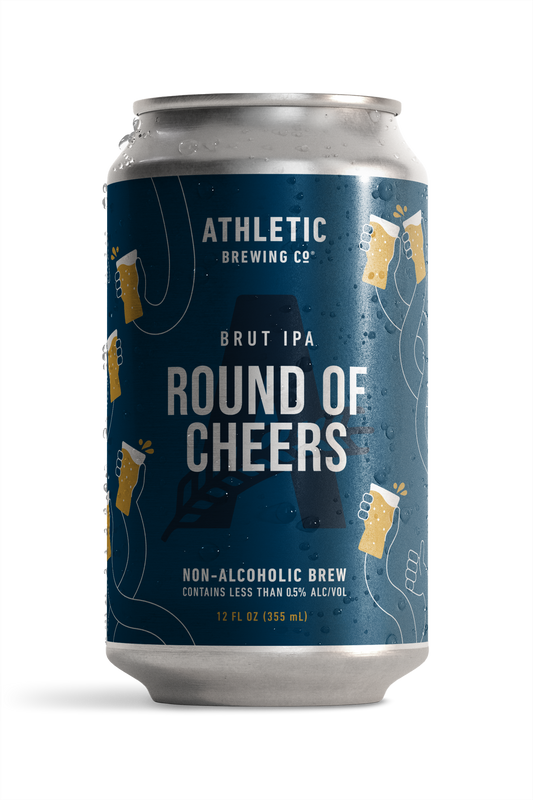
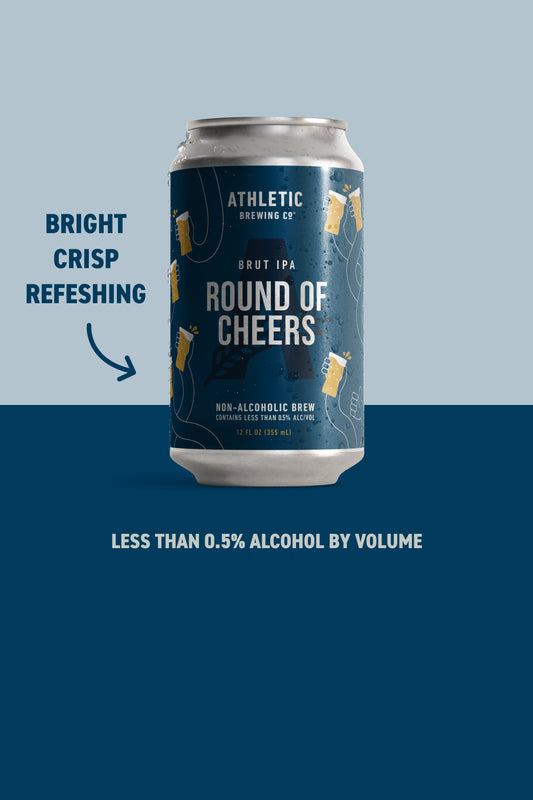
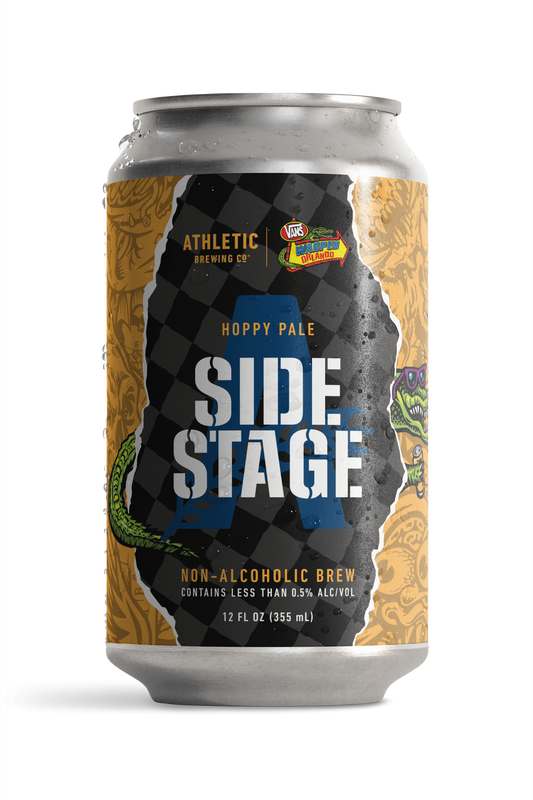

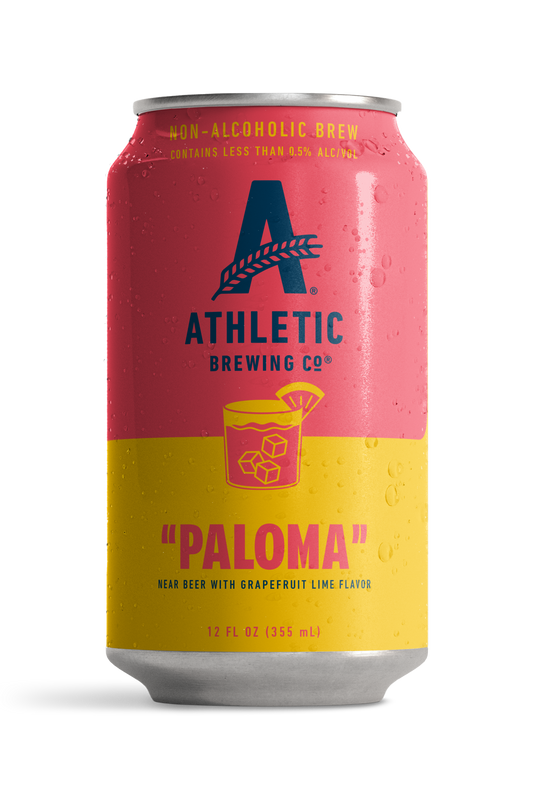
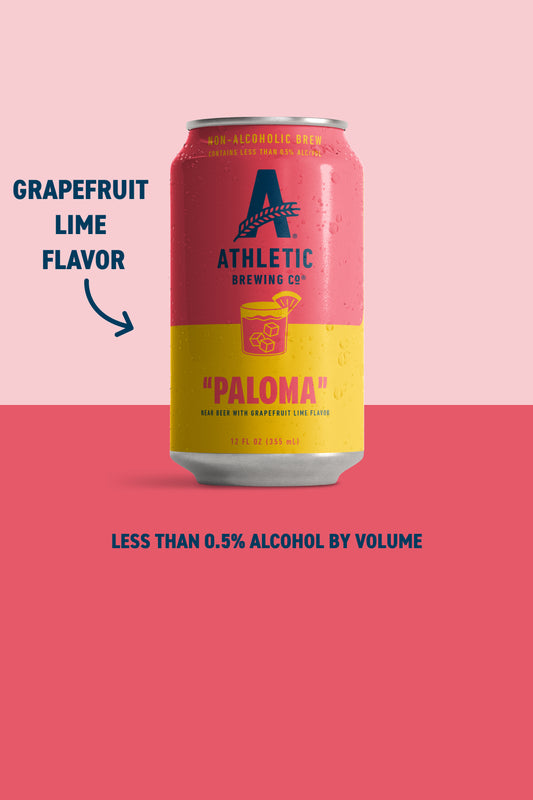
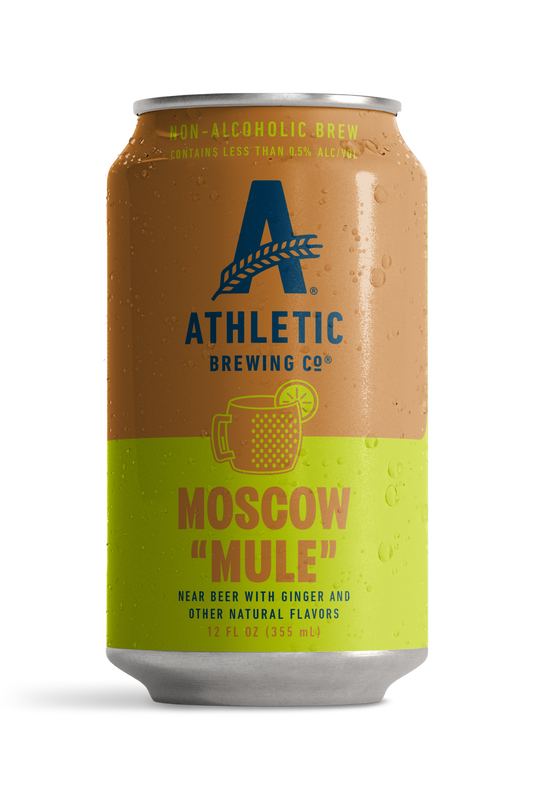
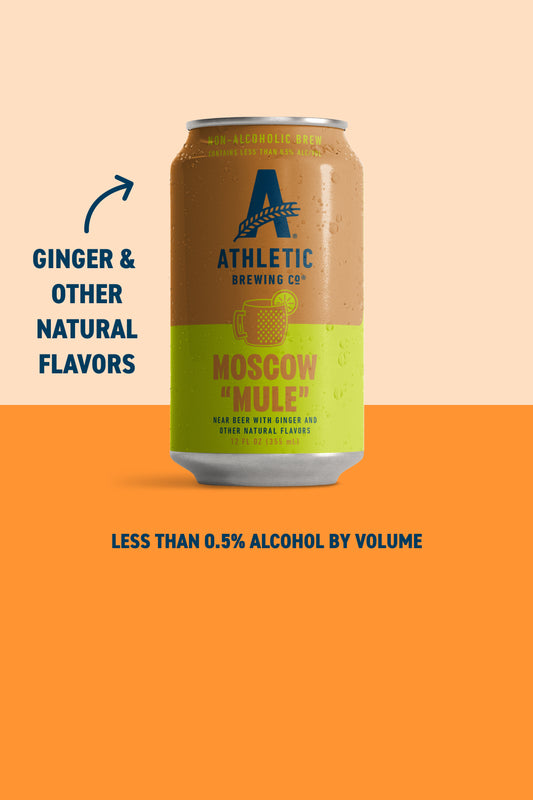
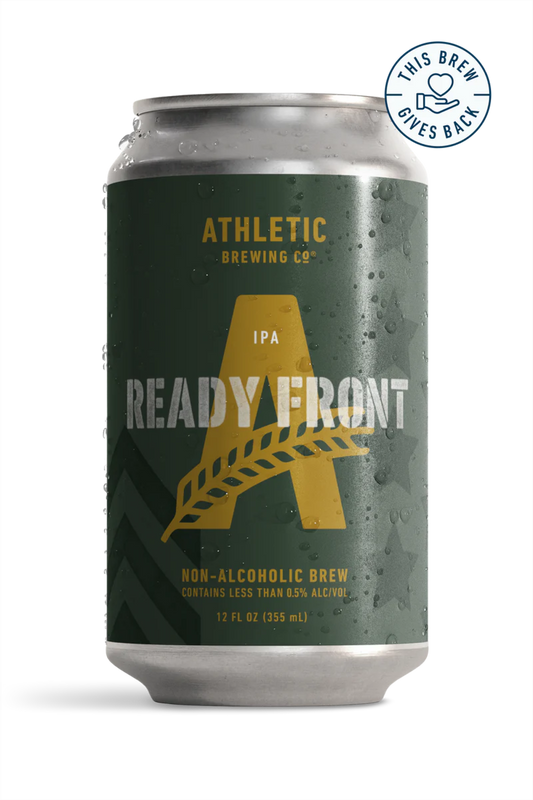
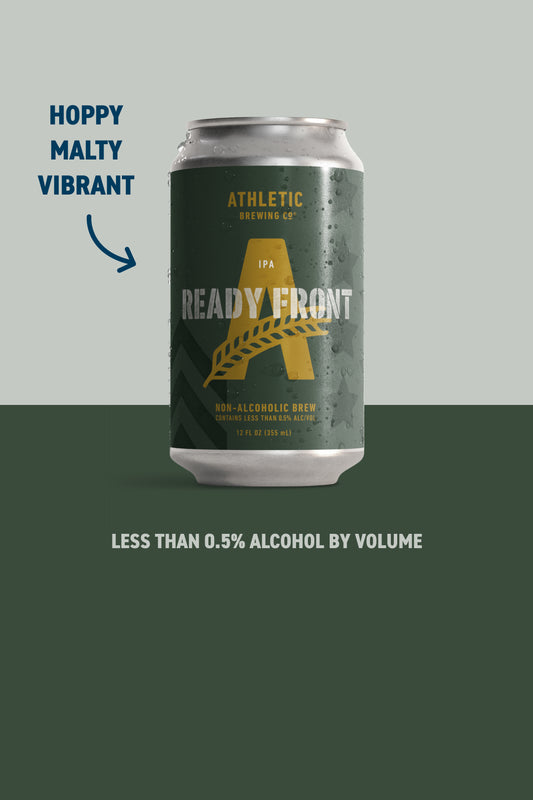
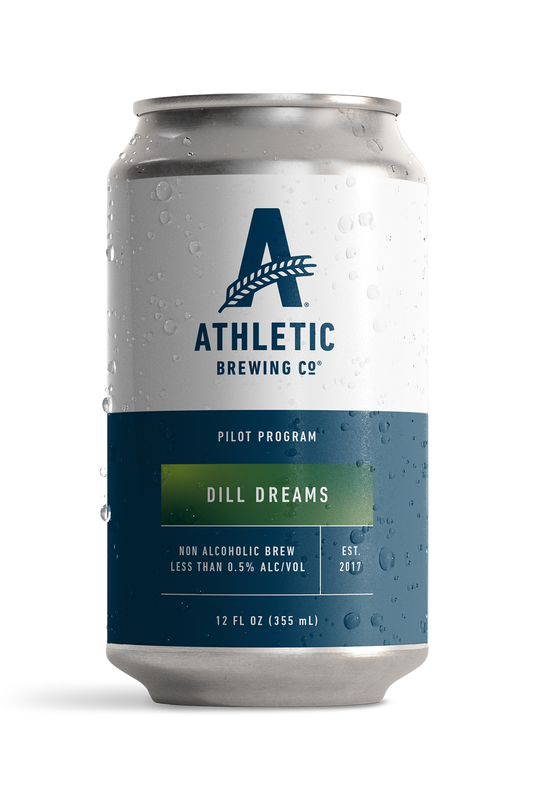

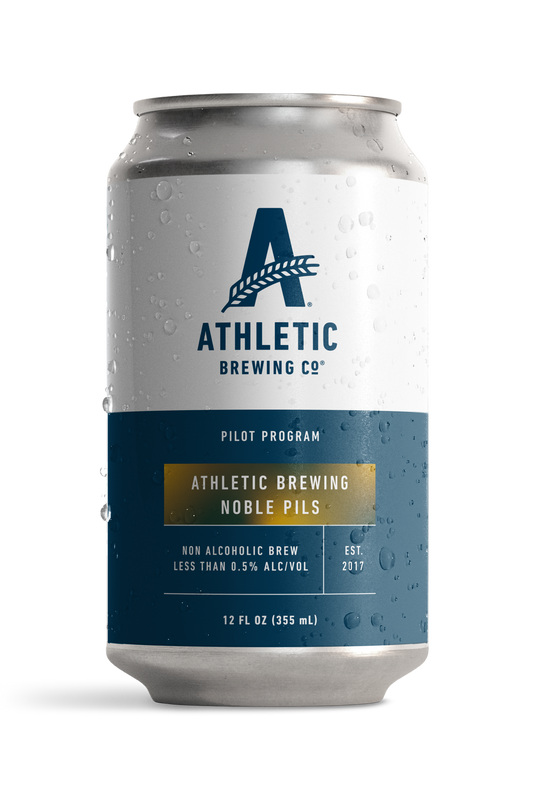
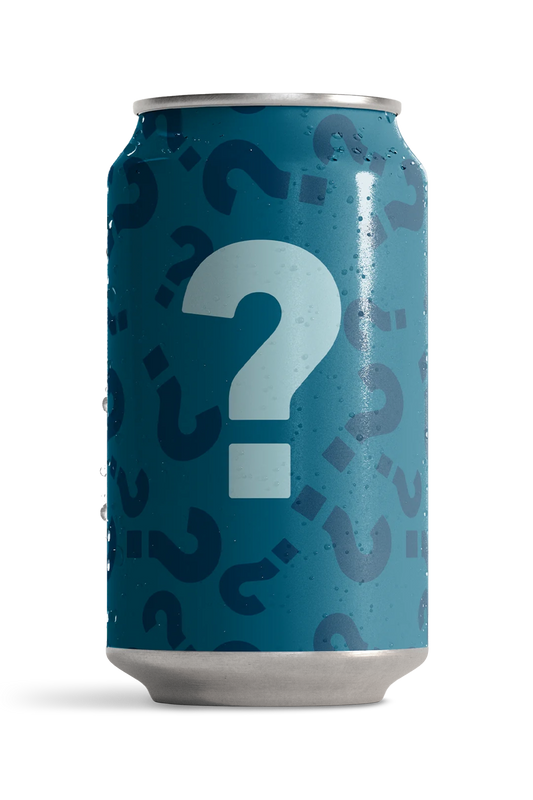
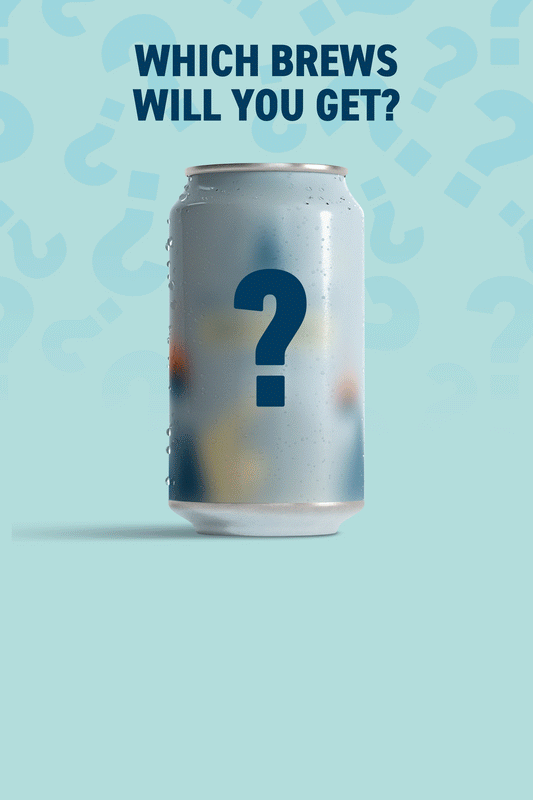
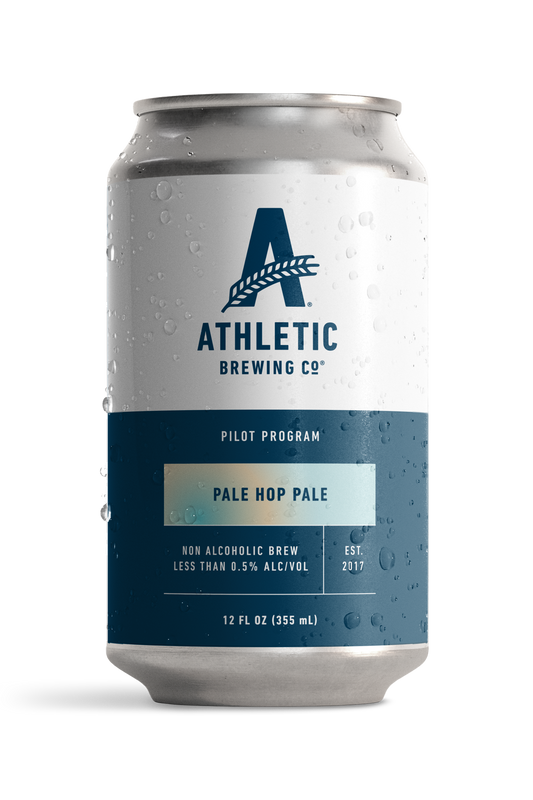
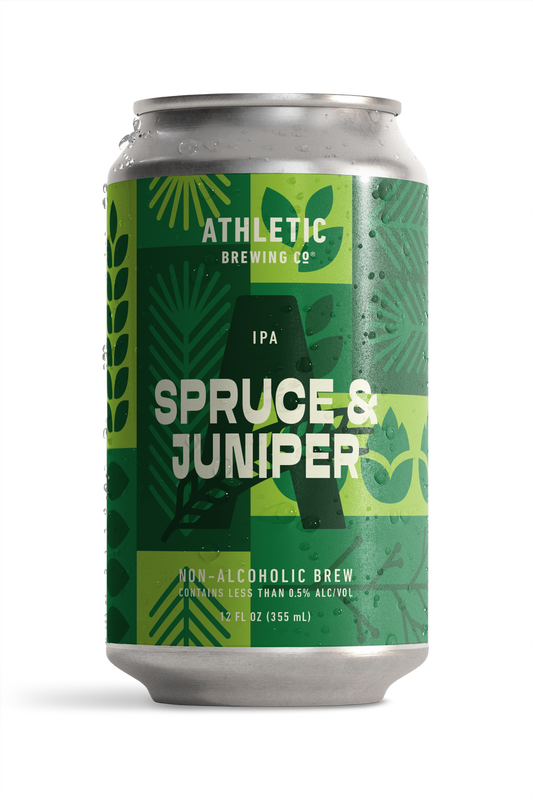
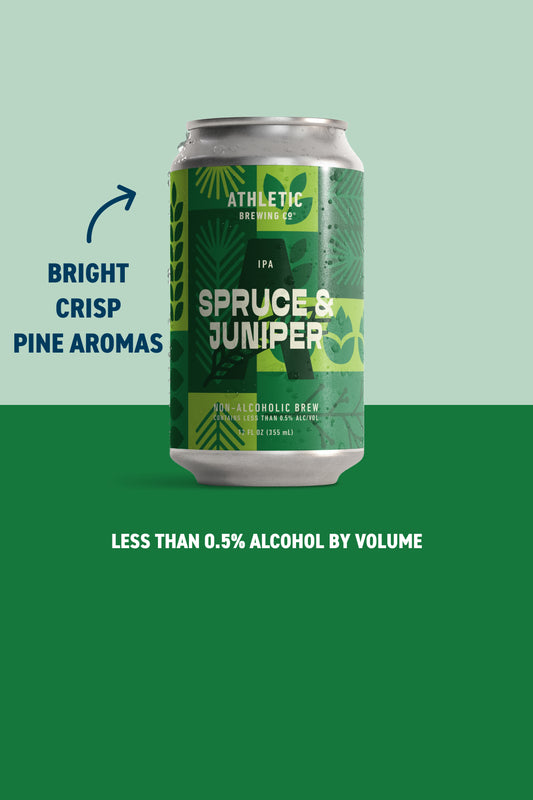









 Your Privacy Choices
Your Privacy Choices











